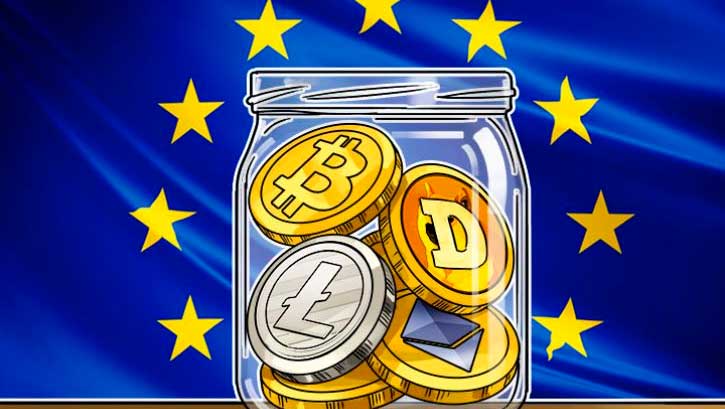
On September 18, Germany approved its own blockchain strategy that will not allow third-party stablecoinsbecome alternative currencies in the country. This decisive step is aimed at preventing Libra from Facebook or any other similar projects from threatening the sovereignty of the state.
However, such a strict approach is not able to deter people from participating in the crypto industry, as evidenced by the results of a recent survey conducted by the Dutch financial company ING Bank.
The survey involved 15,000 Europeans out of 15different countries. About 51% of respondents believe that cryptocurrencies can be spent in most retail stores, although in reality there are very few cryptocurrency-accepting stores. (However, according to CoinMap, there are at least 15,000 such stores in the world).
- 82% of respondents gave correct answers to 20% of all "cryptocurrency" questions.
- 41% of respondents expect only the good from cryptocurrencies, while 23% do not have much hope for them.
- 32% of Europeans recognize cryptocurrencies as the future of online payments.
- 27% of respondents would like well-known brands and companies to offer cryptocurrency payment options, and banks would offer personal cryptocurrency accounts.
- Another 27% of respondents believe that cryptocurrencies have a central controlling authority, while 34% of respondents do not associate them with centralized governing bodies.
- 63% of Europeans know that digital assets are volatile, and 73% understand that cryptocurrencies are digital in origin.
Although most Europeans have heard of cryptocurrencies, their knowledge is still very limited. However, ING Bank notes that the respondents have “openness and willingness to recognize cryptocurrencies”.
Earlier, ING Bank also presented a survey, according to which, the Austrians were "the most doubting cryptocurrencies."
</p>



